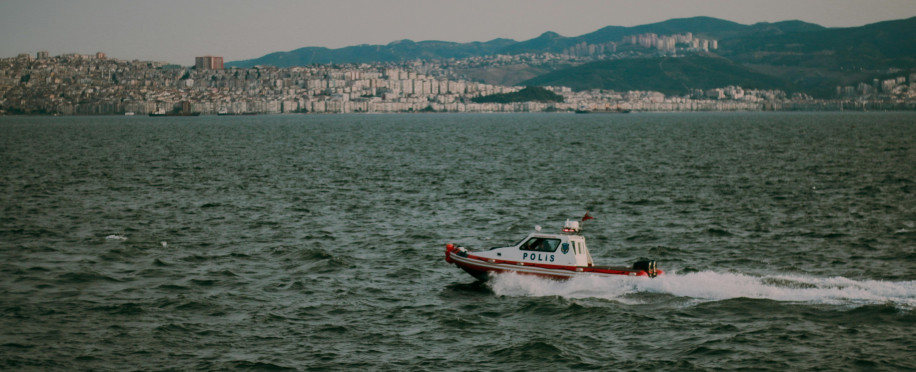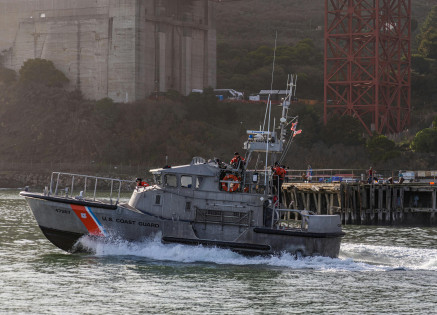Copyright © 2025 lmitac.com All Rights Reserved. Contact - Terms and Conditions - Privacy Policy - Quality Policy - Become an instructor - Vacancies - Sitemap
London Maritime Academy is a trade name for London Premier Groupversion: 2.9.0
London Maritime Academy is a trade name for London Premier Group

Posted on : 11/18/2024, 9:57:36 PM
Last Update : 11/18/2024, 9:57:36 PM
Although maritime law and admiralty law are now used interchangeably in the legal world to govern involving and relating judicial maritime procedures, statutes, and applications, and some people refer to maritime law as admiralty law.
However, there are some key differences in dealing with specific procedural solutions between maritime law and admiralty law regarding maritime disputes, resources, entities, and issues on navigable waters.
Continue reading our article if you want to learn more about the differences and main applications of admiralty law and maritime law.
When speaking about the admiralty law experience, we can confidently say that it was created and developed first, before the maritime law, to force specialised treatise programs, and deal with arising disputes and unique issues happening while shipping and trading on waters.
Moreover, the concept of admiralty law originated in England to facilitate shipping on waters based on admiralty jurisdiction to protect assets and resolve navigation activities related to disputes, obligations, and treatises on international waters within the domestic legal admiralty frame of the United Kingdom jurisdiction authority.
Within the jurisdiction legal frame, the admiralty law governs shipping on waters with these key applications:
The admiralty law aims to guarantee that all ships, vessels, and bodies on navigable waters work based on applicable international navigation and shipping regulations, protections, and laws to ensure the safety of goods with efficient cargo handling, shipping contracts, and import/export procedures.
Based on its jurisdiction authority, the admiralty law practice handles any complex accident of all vessel types done by all operators on navigable waters during shipping. Including claims collisions, and environmental damage to address substantive liabilities, represent compensations, and regulate procedure negligence within the admiralty legal frame.
The legal laws of admiralty also involve the navigation of entertainment ships to implement safe boating practices and firm maintenance and installation on personal watercraft, private yachts, and cruise boats.
Admiralty jurisdiction and laws resolve disputes and problems of all shipping-related contracts to enforce admiralty legal frameworks on charter agreements, shipbuilding contracts, marine insurance policies, and more.

As we established earlier, the admiralty law guide was established first, then the maritime law was developed to cover more legal activities on navigable waters.
So, we can say that maritime law expands from the admiralty law, and covers broader legal activities and laws to ensure the safety of crew members and passengers on all navigable waters and under all conditions and sets.
Moreover, maritime law includes a variety of laws and materials in the maritime niche, including Safety and Security Law, Labour Law, Shipping and Carriage Law, Public International Law, and more.
The maritime law basically covers the safety of crew members to provide the best working conditions on board, and in some cases could cover the work conditions and injuries of workers on the port.
The maritime industry is considered one of the high-risk industries, thus, maritime law focuses on the real implementation of the safety of working condition laws and regulations with proper safety protocols, maintenance procedures, and marine surveys.
The body of law allows crew members to seek legal compensation for injuries that happen because of employer negligence, with full coverage of medical expenses and pain and suffering damages with different rules and laws.
The maritime law provides full coverage against piracy acts, including hijacking and armed robbery at sea, to allow nations to capture and prosecute pirates on international waters with official legal frameworks.
Next to piracy, maritime law also covers other crimes committed at sea with jurisdiction rules and laws to stop and prevent crimes in international waters, this coverage includes smuggling, human trafficking, illegal fishing, and other sea crimes as well.
Now, to answer the big question of differences between admiralty and maritime laws, we can say that:
However, with the development of laws and regulations, we can say that the two concepts are becoming one, known as admiralty and maritime law which work on the same courts under maritime jurisdiction.
Maritime law and admiralty law are becoming one set of laws to guarantee maritime safety and efficiency from all aspects.
Thus, to understand more about these laws and their regulations you need professional maritime law courses in UK with accredited certification and advanced legal knowledge.